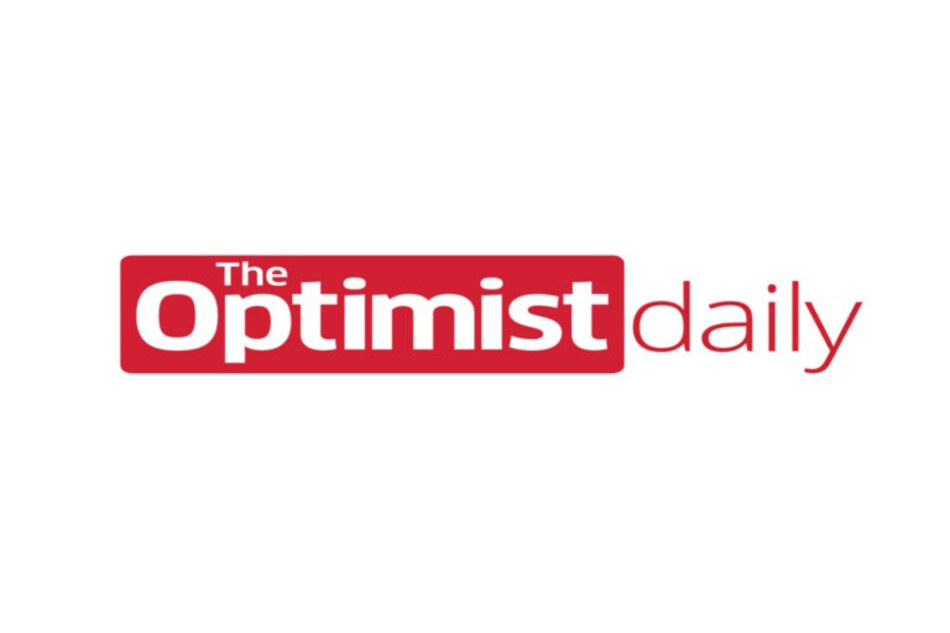TopResume’s recent hiring survey found a pandemic-inspired work trend that will persist into the new year: virtual interviews.
Five major slip-ups emerged when hiring managers were asked to name the biggest mistakes an applicant could commit during a video conference. Fortunately, with proper planning, these errors are easily avoided. Follow the steps below to prepare for your next virtual interview and avoid jeopardizing your chances of getting the job.
Communicate your calendar
If you live with a spouse, family members, or roommates, inform them of your scheduled interview to avoid interruptions or surprises. You can emphasize this by reserving the interview time on a common calendar or by attaching a sign to the door of your intended interview space. To reduce annoying background noises, such as traffic or dogs barking, it’s also a good idea to close windows and purchase a trustworthy pair of noise-canceling headphones. It is also worth it to buy a door lock so that people don’t barge in by accident.
Find a neutral backdrop
Even though it’s obvious that you shouldn’t sit in a messy room for a video interview, it can be hard to find a good place in your home. If you think your usual remote workspace might not be good for a video interview, try out a few places around your home at the same time of day as your interview to find a place that is quiet, clean, and well-lit.
If all else fails, sit in front of a blank wall or door with a slightly blurred background filter to get a neutral background for your meeting. Some experts suggest sitting against the door in a bathroom or walk-in closet because these smaller spaces tend to have great acoustics and blank backgrounds.
Once you’ve found your interview spot, test the audio and video to make sure the sound is clear, the lighting is good, and the laptop is at the right height. For the best lighting, you might also want to buy a ring light that you can attach to your laptop.
Clear your screen
During a video interview, you should never leave browser tabs or programs open that have nothing to do with the interview. You never know when you might be asked to share your screen and end up showing your potential new boss an embarrassing Slack conversation, a private work email, or a questionable tab. Even if you don’t plan to share your screen during the video call, an application could start ringing or a random pop-up ad could start playing from a window and break up the conversation.
Establish good eye contact
During an interview, it’s important to make the right amount of eye contact to build trust with the interviewer, show confidence, show professionalism, and show that you’re interested in the job.
Do a test run with a friend if you can’t figure out where to look on the screen to make eye contact. It helps if you can practice using the same platform (like Zoom, Google Meeting, or Microsoft Teams) that you will need for the interview. Once you know where on your screen you should be looking, put a Post-it note or a small piece of masking tape there. When it’s time for the real interview, change the size of the screen that shows your interviewer and move it to that spot before taking off your note or tape. So, when someone is talking to you, you can look directly at them and know you’re making eye contact.
Prepare for the unexpected
Although a terrible internet connection is one of the least essential concerns a candidate can have during a virtual interview, it can nevertheless be unpleasant for a job seeker who is already worried.
Download or update the appropriate software or app one business day before the interview to ensure everything is working properly. If you’re worried about intermittent Wi-Fi due to a storm or other situation beyond your control, be proactive in your communication.
Letting your main point of contact at the company know there could be an issue during the interview due to [unexpected circumstance]. Let them know that if that should happen, you’ll dial into the meeting instead.
By addressing the issue before it happens and expressing a solution, you show potential employers that you’re a proactive problem solver and strong communicator.











